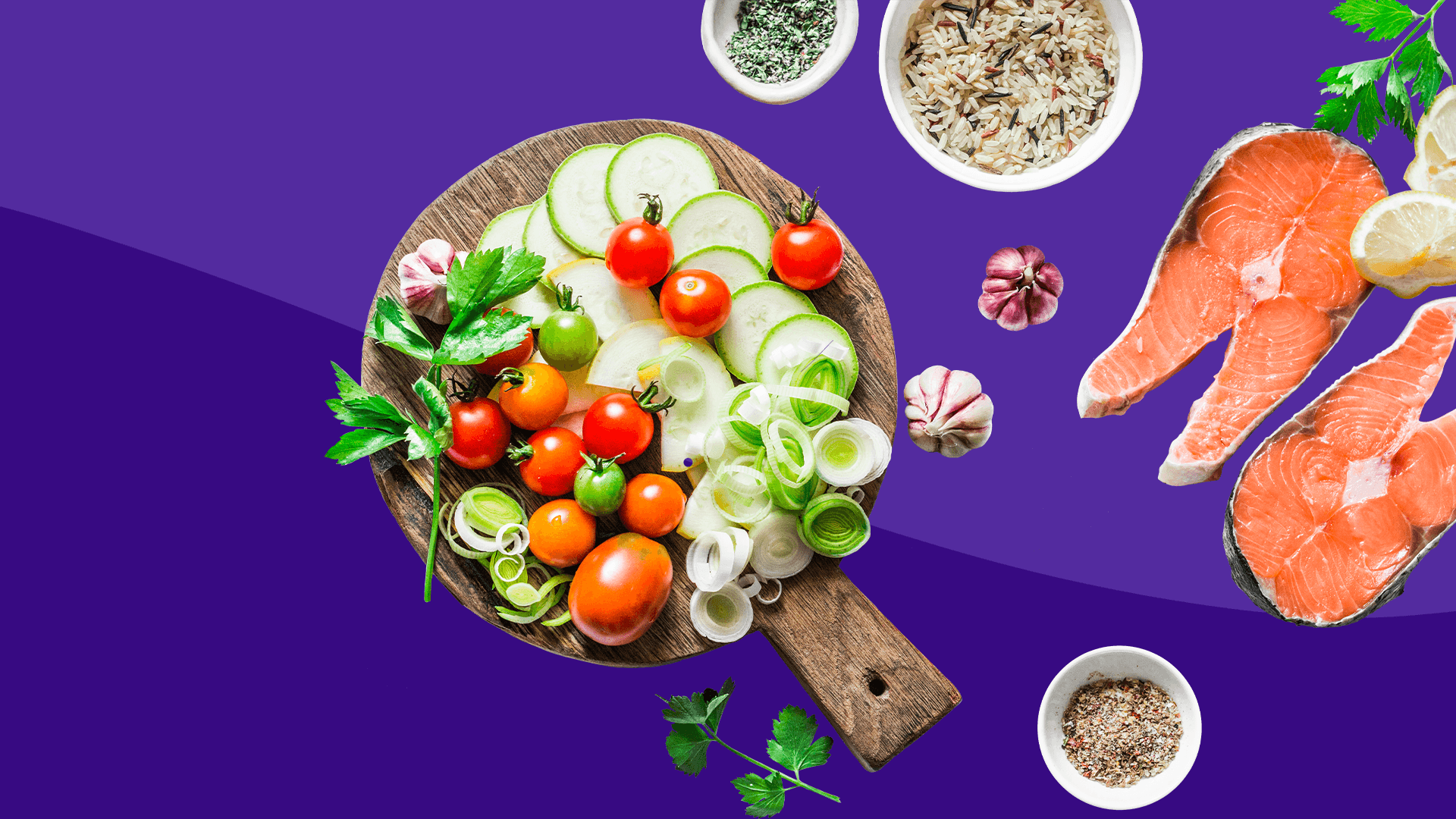6 Plants to Grow in Your Koi Or Fish Pond
Most pond keepers, including myself, would like to keep some plants in their Koi ponds so as to have a pond that looks natural and able to blend with the overall garden. However, Koi and water plants generally do not go well together as Koi eats plants or will likely disturb the soil in which the plants are growing. Here are 6 plants that I have successfully kept with my Koi. Note that some of these plants originate from South East Asia and requires warm climate to thrive.
The Elephant Ears or Taro (Alocasia Macrorrhiza)
The Elephant Ears or Taro is a plant commonly found in South East Asia. This is a relative large plant with large leaves that grows well in a large pot placed in the shallow parts of a Koi pond, with the pot half or almost fully submerged. It propagates through small suckers that grow at the side of the large plant. A mature plant can grow to a height of 5 feet or more and have leaves that are more than a few feet in length. It will make a nice specimen or feature plant in the garden or in your Koi pond.
The Elephant Ears can be surrounded with the Creeping Daisy (Wedelia Trilobata) to hid the large pot and soften the overall look. The Creeping Daisy has small yellow flowers and is easily grown by stem cuttings. Just cut and stick them into the wet soil in the pot. They root easily and further cuttings can then be made and inserted into the pot again. In no time, you have a nice covering of Creeping Daisy with yellow flowers around the large leaves of the Elephant Ears. You could substitute the Creeping Daisy with other suitable creeping plants that thrive in moist soil.
Pandan (pandanus amaryllifolius)
The fragrant pandan plant is commonly found in South East Asia and is a good plant to grow in your Koi pond. It can be grown in soil or in water (hydroponics), hence making it suitable for a Koi pond. The pandan plant grows easily, absorbing the nitrates from the water. The leaves can be harvested every few months. The leaves give off a nice fragrance and are used widely as a flavouring in South East Asian cooking and baking. Believe it or not, its leaves could also be used as a cockroach repellent! No artificial chemical, all natural.
The Dwarf Papyrus (Cyperus Haspen)
The dwarf papyrus plant is not one of my favourites although I have this growing out of a pot that is half submerged in my Koi pond. The reasons are that the matured stems or leaves will droop down into the water as young plants grow out from the cluster of small flower head at the top of stem. Therefore it requires regular trimming to remove the old stems or leaves to keep the plant looking tidy and neat. I think it will look good if grown densely at the sides of a pond, rather than in an isolated pot in my pond.
Umbrella Plant (Cyperus Alternifolius)
The Umbrella Plant is a rush-like aquatic plant with foliage arranged on stems like the ribs of an umbrella. It originates from Madagascar and is very easy to grow in hot, sunny climate. Unlike the small dwarf papyrus, this plant can grow up to 5 feet in height. As this is a large plant, grow them in a large pot that can be submerged or half submerged in the pond.
Water Lilies (Nymphaea)
No garden pond is complete without the water lilies but they are not the best plants for pond with large Koi! The leaves floats on the water surface and the large Koi will chew on them unless they are protected somewhat. Hence, lilies are only suitable for ponds with small Koi. The lilies are best grown in pots placed in the shallow part of a Koi pond. Protect the top of the pots with large stones to prevent the Koi from digging on the soil and messing up the water. My water lilies flower daily under strong sunlight and regular dosage of fertilisers tablets which I stick into the soil. The other problem with water lilies is that the flowers and older leaves will wilt after a few days. If not removed, they will pollute the pond water. Although the Koi will eat them, some debris will inevitably find their way into the pond filter.
Lotus(Nelumbo)
The lotus plant can be grown in pots placed in the shallow part of a Koi pond. Protect the top of the pots with large stones to prevent the large Koi from digging on the soil and messing up the water. The plant has two types of leaves. The leaves of a young lotus plant float on the water surface but the leaves from the older plants grow well above the water surface. The plant produces pink flowers on a long stock above the water. Like water lilies, lotus requires regular feeding with fertilisers to keep it flowering.





